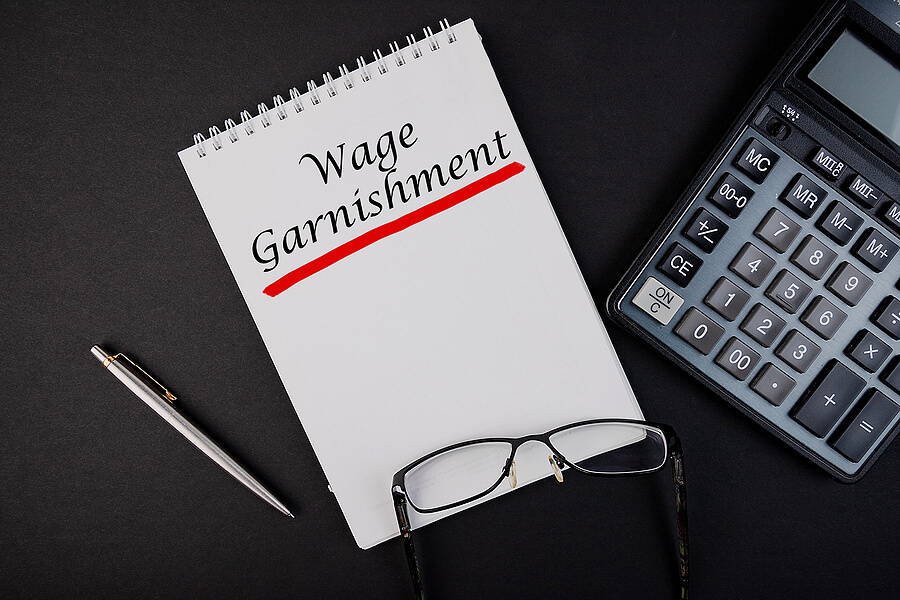Do you need a tax lawyer? Admittedly, it’s not a question that anyone looks forward to asking. However, the reality is that knowing when to hire a tax attorney can potentially save you from lots of needless legal trouble and IRS fees. You may be looking at some telltale signs that it’s time to get dedicated legal support on your side. Do tax lawyers really help? Let’s break down the reasons to bring in a lawyer to get a tax issue taken care of now.
Reason 1: You’re Being Audited
If you’re being audited by the IRS, this is a case where legal representation is essential. While an IRS audit may appear to be a simple case of “paper shuffling” for now, you want to make sure you’re not mishandling the situation, exposing yourself unnecessarily, or failing to sufficiently comply with the IRS. You may also want to bring in a lawyer if you think you’re at risk of being audited.
There’s also the post-audit support that a tax attorney provides. For instance, you may disagree with the conclusion reached by the auditor. At this point, it will be time to move to the appeals phase. Are tax attorneys worth it during an IRS audit appeal? Absolutely! With an audit appeal, your attorney will try to negotiate a settlement with the IRS on your behalf. If the IRS is unwilling to do a settlement, your attorney will then represent you in tax court.
Reason 2: You’re Confused About a Notice You’ve Received From the IRS
The big advantage that the IRS has is that IRS agents deal with their own forms, rules, and lingo every day. As a taxpayer, it’s all new and unfamiliar to you. What does a tax attorney do to help? Like the IRS, a tax lawyer speaks the language of the IRS because they deal with tax laws all day long. They also have experience with working directly with the IRS on settlements.
If you’ve received a notice from the IRS that you don’t understand, the worst thing you can do is to ignore it. This is where many people get into trouble with missing deadlines for appeals or allowing interest and penalties to accrue. The IRS doesn’t always provide the highest level of clarity when it comes to naming and numbering forms. Taxpayers are expected to navigate their way through complex forms that are coded based on the IRS’s standards. The best thing you can do when you get a document from the IRS is to call up a tax attorney to figure out exactly what the IRS is asking of you. You can rest assured that whatever form you’re looking at is something that a tax lawyer has seen thousands of times. It’s important to remember that “not understanding something” is not considered an acceptable or reasonable excuse by the IRS. A notice that goes ignored due to a misunderstanding will incur the same penalties as a letter that was intentionally ignored.
Reason 3: You’re Going to Pursue IRS Tax Debt Relief
If you feel that your solution to tax problems is to ask the IRS for a relief or forgiveness option, it’s best to do it with a lawyer by your side for a number of reasons. First, a lawyer can help you understand which tax relief solutions or forgiveness programs you qualify for based on your positioning. Next, your lawyer can help you to prepare the documents and records the IRS needs to get your request processed and approved quickly.
If you’ll be asking the IRS to settle your debt for less than what you owe using something like an Offer in Compromise (OIC), it can be beneficial to do so with the help of a lawyer because the IRS only approves a small fraction of the OIC requests it receives each year. The application can also be slightly precarious because you’ll be asked to submit detailed financial records to prove to the IRS that you’re incapable of making payments in full. What’s more, you could have your approved OIC plan nullified if you violate any of the terms of your agreement down the road. In short, having a legal expert guiding you can remove much of the guesswork that goes into entering into what can be a complex arrangement with the IRS.
Reason 4: You’re Making a Big Change to Your Personal Income Stream or Business
Can a tax lawyer help me even if I’m not in trouble with the IRS? Yes, tax lawyers can provide “routine” support to ensure that you’re handling taxes properly. You may want to consult with a lawyer if you’re in the middle of starting, expanding, or merging a business to get an understanding of what that means for your future tax classification and obligations.
Reason 5: The IRS Is Coming at You With Criminal Charges
If the IRS is coming after you for fraud or tax evasion, there’s a lot that a lawyer can do to help you clear up the situation. First, a tax lawyer can help you to provide documentation and clarity if you believe that the IRS is mistakenly charging you for an honest mistake. If you’ve failed to meet your tax obligations knowingly, a lawyer will help you to pursue the legal options that are available for preserving your best interests. A tax attorney may potentially be able to reduce your penalties and help you avoid jail time.
Reason 6: You Simply Want to Make Sure the IRS Is Handling Your Case Properly
There are thousands of reasons why you might be corresponding with the IRS. While not all of them may seem dire enough to require legal representation, it’s still not a bad idea to have your correspondence come from a lawyer. The bottom line is that the IRS wants to collect what is owed and resolve issues as quickly as possible. Once they see that a lawyer is involved, IRS agents tend to find the motivation to move things along quickly. Having a lawyer “do the talking” for you with an IRS matter of any scope is simply a good strategy for putting your best foot forward, getting clear answers, and resolving the situation quickly.
Should I Hire a Tax Attorney? Are Tax Attorneys Worth It When I Only Have a Small Issue?
If you have any questions at all regarding tax issues, there’s no harm in consulting with a tax lawyer to simply learn more about the options that are in front of you. If you’re being pursued by the IRS, a lawyer can potentially help you to avoid penalties and enjoy a better outcome. If you’re seeking some type of relief, a tax lawyer is able to walk you through the process by “putting on the mind” of the IRS.
If you have a question for a tax lawyer, Tax Group Center is here to provide tax-specific and IRS-specific legal guidance. We help clients navigate stressful IRS situations every day. When bumping up against the IRS, you have everything to gain by not assuming that your problem will just vanish with a quick do-it-yourself fix. Reach out today for a consultation. Our team of lawyers and tax professionals offers 30 years of experience to help you avoid costly penalties and missed opportunities for debt settlements.










